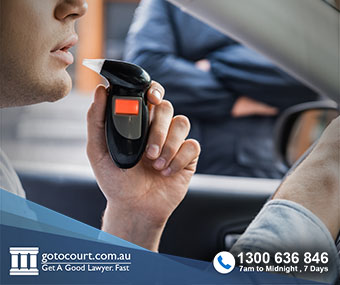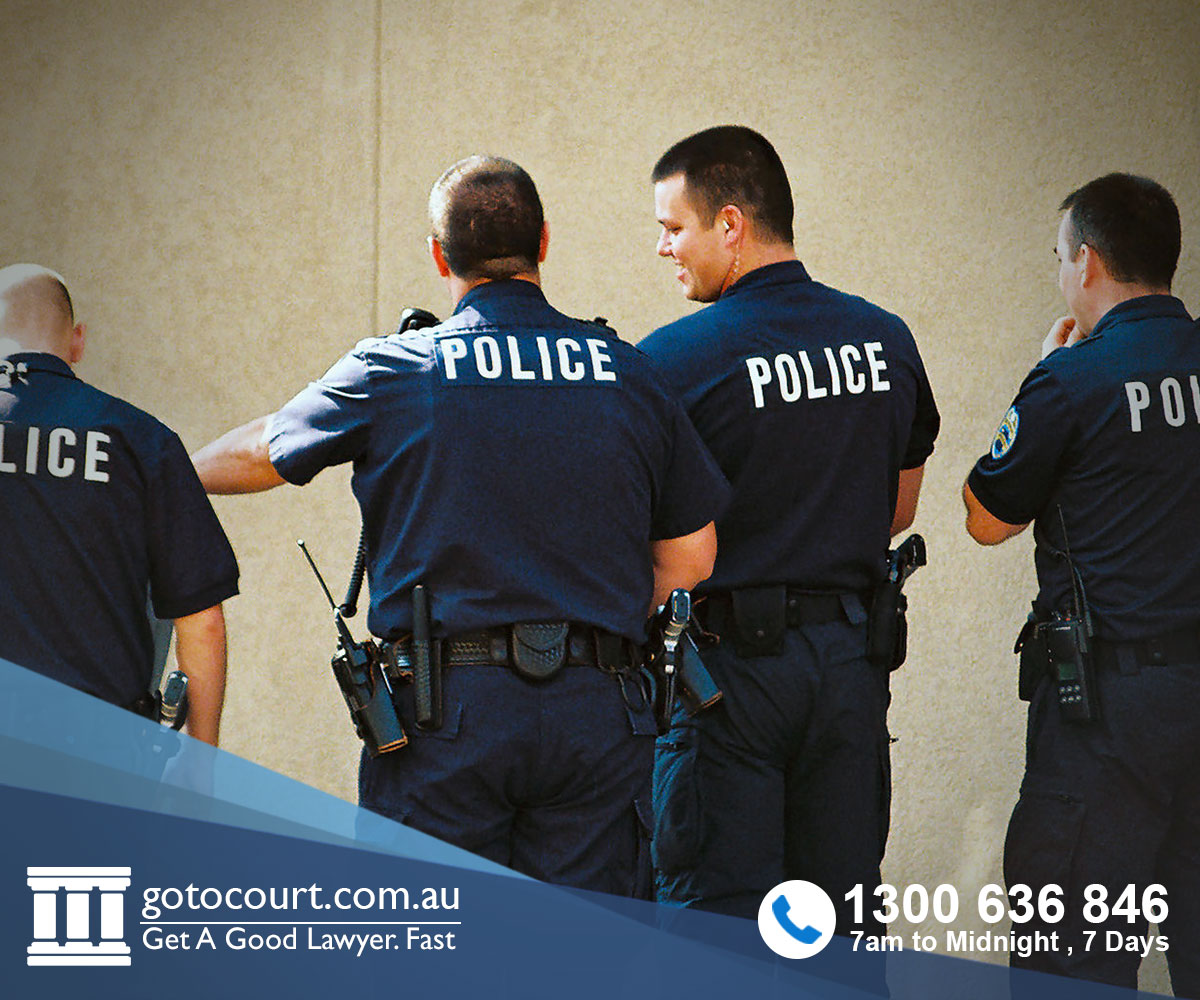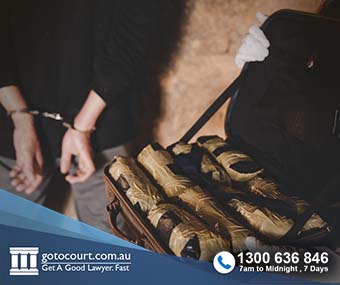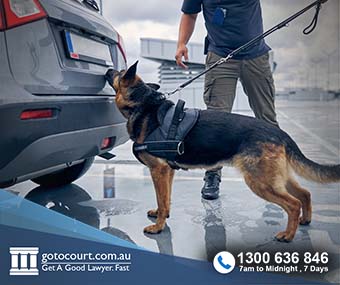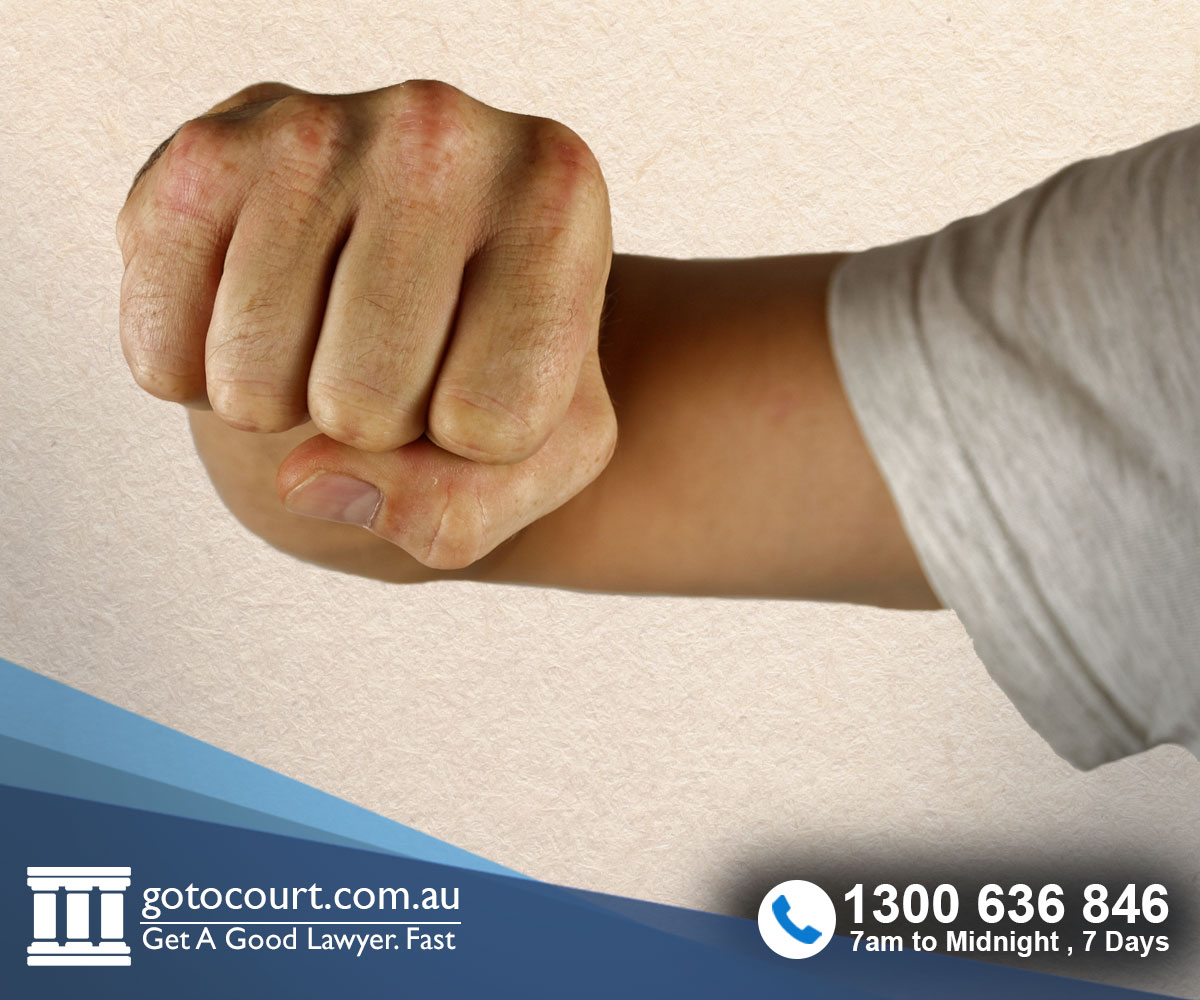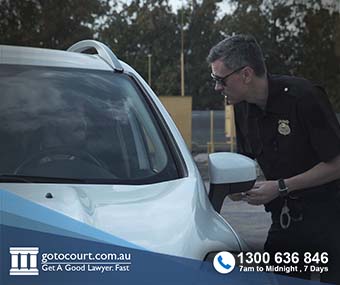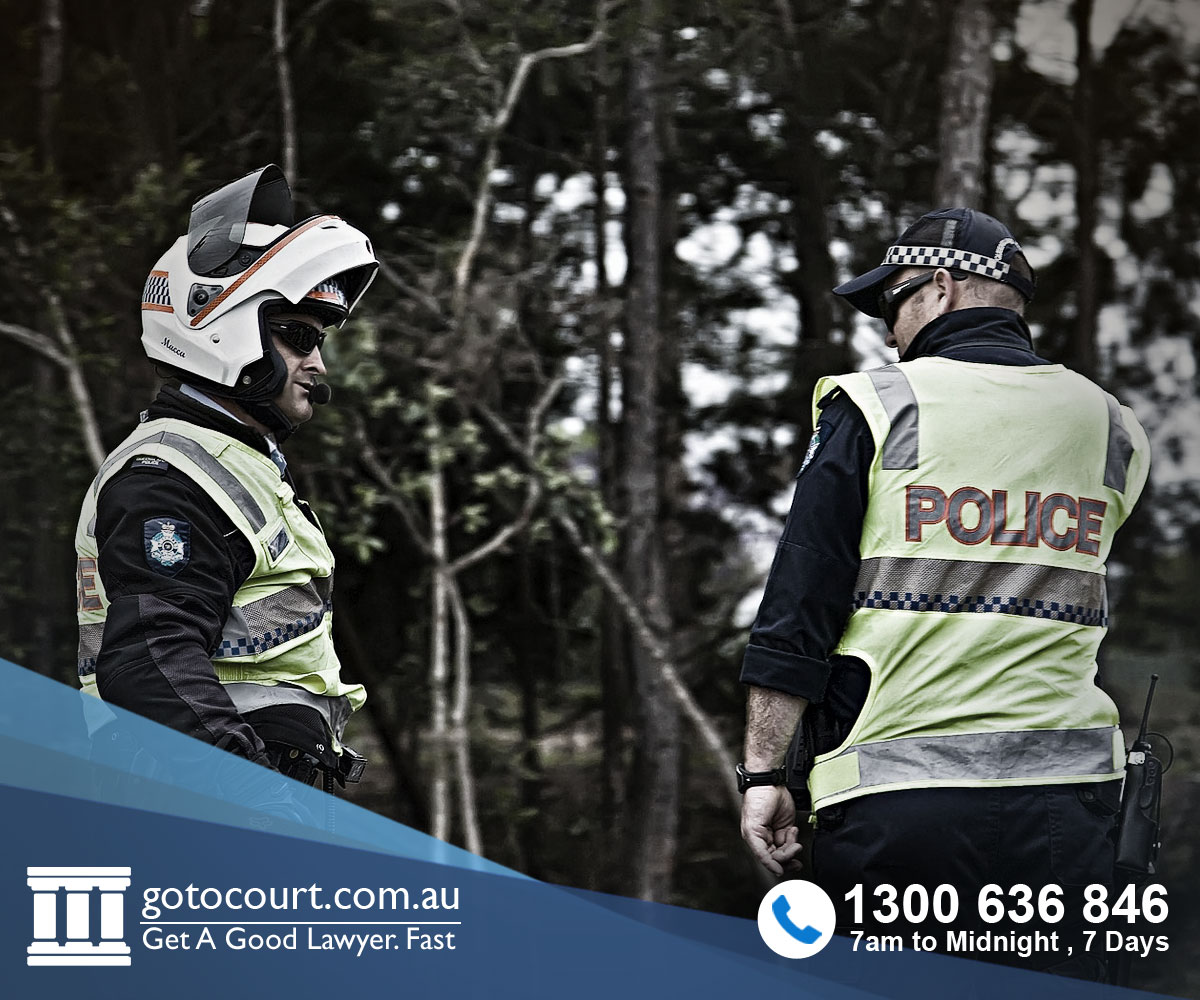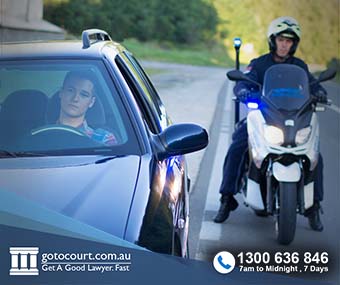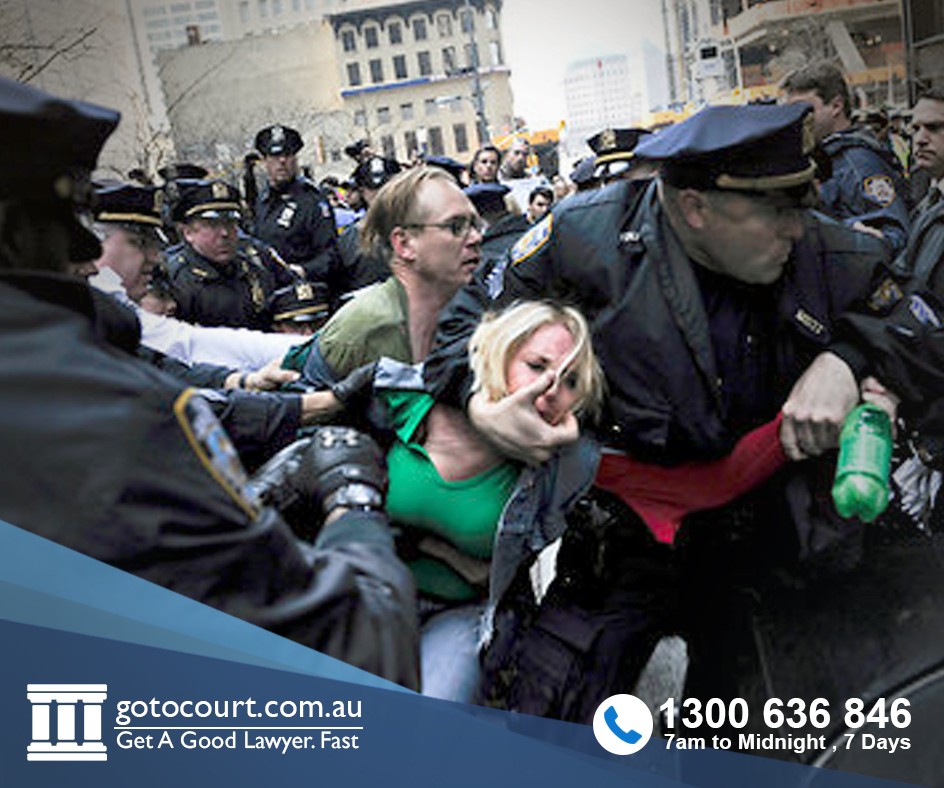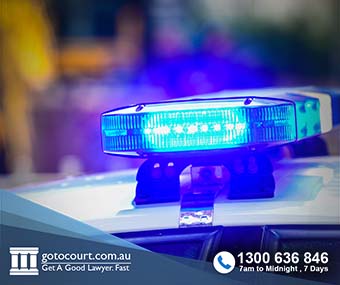Call our lawyers
now
or,
have our lawyers
call you
Personal Searches in Australia
Updated on Oct 24, 2022 • 10 min read • 874 views • Copy Link
Personal Searches in Australia
In Australia, police generally do not have the power to stop and detain you for the purposes of a search. There are, however, a number of special powers police have which allow them to compel a person to submit to a personal search, depending on the state and territory.
In most cases, police are required to hold a genuine suspicion or belief that a particular circumstance exists. What this means is that the police officer must form an opinion on whether a circumstance exists on the evidence which is available. It cannot be a ‘mere idle wondering’ but a genuine and rational thought. For example, a police officer would form a reasonable suspicion that a person has a dangerous substance on their person if a detention dog indicates there is an odour of a dangerous substance.
There are also specific rules which police officers must follow as they complete a personal search, regardless if it is with a search warrant or without one. This article looks at the various state and territory rules with respect to police powers to conduct personal searches without warrant and what kinds of searches police have the power to conduct.
Personal searches in Queensland
Police in Queensland must conduct personal searches under the Police Powers and Responsibilities Act 2000 (Qld). Police do not have an automatic right to conduct a personal search unless they reasonably suspect you have the following in your possession:
- Illegal drugs;
- A knife, weapon or explosive you are not legally permitted to possess;
- Anything prohibited from possessing under a domestic violence order;
- Stolen items or property that has been unlawfully obtained;
- Items which could be used or has been used to break into a vehicle or premises;
- An item used for the administration of drugs; or
- Evidence of a serious crime.
Police can stop and detain you for the purposes of conducting a search without warrant if they reasonably suspect you have any of the above in your possession. Queensland must ensure embarrassment to you is minimal and they must take reasonable care to protect your dignity while conducting the search.
Generally, police in Queensland must ensure the police officer conducting the search is of the same gender as you, or arrange a doctor or someone authorised who is of the same gender to conduct the search.
More information can be found in our dedicated article, Personal Searches in Queensland.
Personal searches in New South Wales
Personal searches in New South Wales are regulated under the Law Enforcement (Powers and Responsibilities) Act 2002 (NSW). This Act provides NSW police with the power to stop, search and detain anyone in which the police have reasonable grounds or reasonable suspicion to conduct the search.
In NSW, personal searches can be conducted before or after an arrest is made. Police are required to show proof that they are police, state their name, station and the reason for the search. They must also state that failing to comply with the search will result in an arrest.
There are two types of personal searches in New South Wales:
- Frisk search – this involves quickly running hands or a metal detector over a person’s clothing;
- Strip search – this involves the removal of all clothes so that the body can be examined without touching. These searches are only to be conducted when it is reasonable because of the seriousness or urgency of the circumstances and the person must be over 10 years of age. Strip searches are to be conducted in private and not in the view of anyone of the opposite gender.
Police do not have the power to question you while you are being searched. More specific information can be read in our dedicated article, Personal Searches in New South Wales.
Personal searches in Victoria
The Control of Weapons Act 1990 (Vic) and the Drugs, Poisons and Controlled Substances Act 1981 (Vic) govern how personal searches are to be conducted by Victorian police. Victorian police have the right to search your person or your property in the following circumstances:
- You consent to the search;
- Police have a warrant for the search or you are under arrest; or
- Victorian police reasonably suspect you of a particular thing or circumstance.
Police have the power to conduct a personal search without a warrant in a public place if they reasonably suspect any of the following:
- You have dangerous items or illegal drugs in your possession;
- You have been found in an area where violent crime is prevalent;
- You are found in a designated area; or
- You have instruments or tools used for graffiti and you are over 14 years of age, on or near public transport, or trespassing.
There are three types of personal searches Victorian police may conduct. These are pat-down searches, full searches and internal body searches. In a pat-down search, as the name suggests, police quickly run their hands over the outside of the person’s clothes. Full searches must be conducted in private and requires the person to remove all of their clothing for police to search. Finally, internal body searches are a forensic procedure which can only be performed by a doctor of the same gender. If consent for an internal body search is not provided by the person, the police must obtain a court order to compel the person to submit to the search.
More specific information can be found in our dedicated article, Personal Searches in Victoria.
Personal searches in Western Australia
There are two types of personal searches which can be conducted by Western Australian police:
- Basic search which involves either a frisk search by police running their hands over the outside clothing or using a scanner. Police can also request you to remove any external clothing such as hats or shoes; and
- Strip search which involves removing clothing reasonably necessary to remove, searching the body and examining the inside of the mouth.
Personal searches can be conducted by WA police with or without warrant. However, police must conduct personal searches in accordance with the Criminal Investigation Act 2006 (WA), Firearms Act 1973 (WA), Weapons Act 1999 (WA), Misuse of Drugs Act 1981 (WA), and Criminal Property Confiscation Act 2000 (WA).
Personal searches in Tasmania
Personal searches in Tasmania are conducted by police in accordance with the following legislation:
- Police Offences Act 1935 (Tas);
- Misuse of Drugs Act 2001 (Tas);
- Poisons Act 1971 (Tas);
- Firearms Act 1996 (Tas); and
- Family Violence Act 2004 (Tas).
Under the above legislation, police have the power to stop, search and detain a person without a warrant in the following circumstances:
- Police have a reasonable suspicion that the person is in possession of stolen property, anything obtained unlawfully or an item the person or another intends to use to commit a serious crime;
- There is reasonable suspicion that the person is carrying poisons; and
- In some circumstances, the person is in possession of alcohol.
Tasmanian police can use as much force as necessary and reasonable in the circumstances to conduct their search. If the police reasonably suspect that a person is hiding drugs inside their body cavities, police must obtain a warrant from a magistrate. Only a medical practitioner can conduct such a search.
Further information can be found in our dedicated article, Personal Searches in Tasmania.
Personal searches in South Australia
South Australian police must conduct personal searches in accordance with the Summary Offences Act 1953 (SA), the Controlled Substances Act 1984 (SA) and the Criminal Law (Forensic Procedures) Act 2007 (SA). Under these pieces of legislation, SA police have the power to search a person without arrest in the following circumstances:
- Police have a reasonable belief the person is in possession of drugs, equipment or ingredients (precursors);
- There is a reasonable belief that the person has a concealed weapon or stolen property on their person; or
- In order for police to prevent serious violence.
In the first instance, police must use a metal detector to search for the presence of metal. This would indicate whether the person has a concealed weapon. If the metal detector senses a metal item, police can request the person to show them what it is. If the person refuses, the police then have the power to search the person.
South Australian police may use as much force as reasonably necessary when conducting a search.
In South Australia, intimate and intrusive searches can also be conducted throughout a police investigation. Intimate and intrusive searches are a search of the body which involves the exposure of the genital and anal area, buttocks or female breasts. These kinds of searches must be conducted by a medical practitioner or registered nurse and you must be given the opportunity to have a witness present for the search.
Personal Searches in South Australia has further information to read.
Personal Searches in the Northern Territory
Personal searches are conducted by NT police in accordance with the Police Administration Act (NT). Under the legislation, Northern Territory police can search a person when the circumstances are urgent or serious which requires an immediate search without a warrant.
NT police can conduct a non-intimate procedure personal search where they reasonably suspect a serious offence has been committed. This search includes the taking of saliva, hair or buccal swab samples and taking fingerprints. NT police can also conduct an identifying non-intimate search where photographs, hand and foot prints are taken.
If in custody, police can conduct an intimate procedure search but only with a Local Court Judge’s approval or your consent. More detailed information can be found in our article, Personal Searches in the Northern Territory.
Personal searches in the Australian Capital Territory
Police can conduct personal searches in the ACT without warrant when there is reasonable suspicion that the person has evidence of a serious offence or unlawfully obtained property. ACT police can only conduct a personal search without warrant under the Crimes Act 1900 (ACT) and when it is necessary to prevent the loss or destruction of evidence or being of an urgent situation.
ACT police can conduct frisk searches. These types of personal searches involve a police officer of the same gender quickly running their hands or a metal detector over the person’s outer clothing.
Police also have the power to stop, detain and conduct a strip search of a person. The police officer must reasonably suspect the person has evidence in their possession and that a visual inspection of the body will show that evidence.
Commonwealth personal searches
Customs officers under the Customs Act 1901 (Cth) have the power to inspect traveller’s luggage in any situation. Customs officers have this power even where there is no evidence to suggest a traveller has anything unlawful in their possession.
The Customs Act 1901 (Cth) also grants officers the power to conduct both frisk and external searches. In circumstances where there is reasonable suspicion that you are internally concealing an unlawful item, an internal search can be conducted. The officer must obtain an order from a judge and a doctor must carry out the search.
If you require legal advice or representation in any legal matter, please contact Go To Court Lawyers.


Affordable Lawyers
Our Go To Court Lawyers will assist you in all areas of law. We specialise in providing legal advice urgently – at the time when you need it most. If you need a lawyer right now, today, we can help you – no matter where you are in Australia.How It Works








1. You speak directly to a lawyer
When you call the Go To Court Legal Hotline, you will be connected directly to a lawyer, every time.


2. Get your legal situation assessed
We determine the best way forward in your legal matter, free of charge. If you want to go ahead and book a face-to-face appointment, we will connect you with a specialist in your local area.


3. We arrange everything as needed
If you want to go ahead and book a fact-to-face appointment, we will connect you with a specialist in your local area no matter where you are and even at very short notice.

